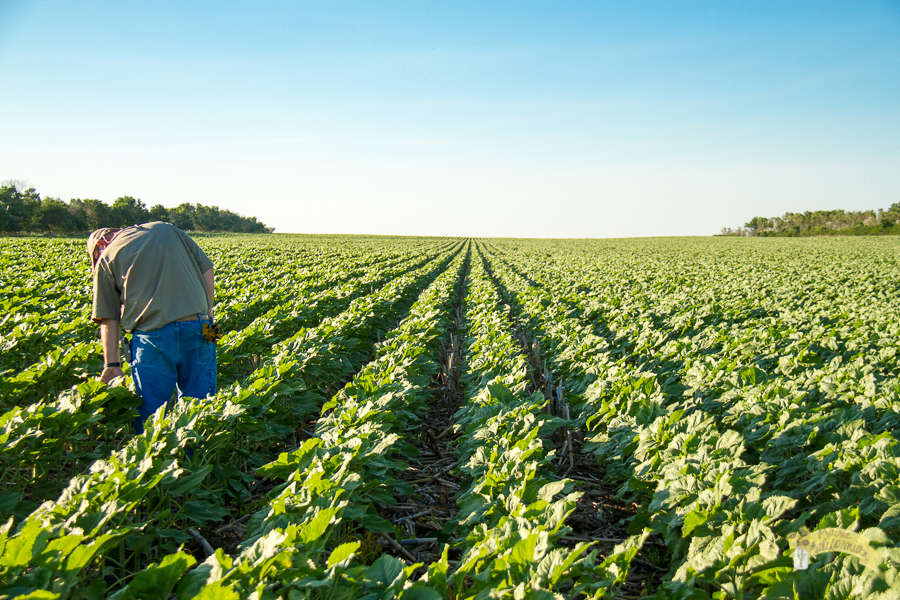
Exactly what is an agronomist?
An agronomist is a specialist who applies scientific understanding and strategies to the administration and production of crops. Agronomists get the job done in a variety of settings, from farms and ranches to governing administration agencies and personal businesses. They could also operate in research laboratories or teach at colleges and universities.
Most agronomists have at the least a bachelor's diploma in agronomy or maybe a associated subject, like agricultural science or soil science. Quite a few agronomists also have master's degrees or doctorates. The exact nature of the agronomist's occupation will depend on his or her specialty and employer.
Agronomists Perform a significant function in guaranteeing that crops are healthy and productive. They use their familiarity with plant science to develop techniques to boost crop production, fight pests and diseases, and conserve water and various resources.
The function of the agronomist
is to help the whole world meet its developing food output requirements. According to the U.S. Bureau of Labor Stats (BLS), work for agronomists is predicted to increase quicker than average, with openings resulting from growth and replacement needs.
The work of an agronomist
is demanding and worthwhile, with agronomists often being involved in study and training.
The schooling of the agronomist
Agronomists have to have a minimum of a bachelor's degree in agronomy read more or connected area from an accredited uni.
The way forward for agronomy
Agronomists help to make certain that the whole world's population has more than enough food, and they work to improve crop yields and decrease agriculture's impact on the environment. The BLS says that agronomists are in demand, but read more competition for jobs is likely to be strong.
Summary
Agronomists are focused on the analysis of vegetation, read more plus they operate in a number of fields, from agricultural study to raising crops. Agronomists are required to make sure that crops are produced for consumption, but they also help develop biofuels and various plant-based products and solutions.